Anyone expecting high art from Superfly must be — well, high. The cultural appeal of blaxploitation was never its aesthetic merit, but its capacity to give the spotlight to a distinctly underrepresented and mischaracterized minority, a wish-fulfillment fantasy for those sorely in need of one. Basically, it was a cinematic movement in which black people got out of movies what white people had been getting for decades — the chance to identify with a hero (or antihero, as was often the case) that looked like them. In this sense, Director X’s 21st century rehash of Gordon Parks Jr.’s 1972 masterpiece of the genre stays true to its roots.
That’s not to say that this latest iteration of the story of successful cocaine dealer Youngblood Priest going after one last big score so he can retire is a great film by any stretch of the imagination. Star Trevor Jackson is definitely no Ron O’Neal, the overhyped score from Future doesn’t hold a candle to the indelible classic Curtis Mayfield created for the original, and X’s Atlanta lacks the gritty allure of Parks Jr.’s Harlem. But for its faults, Superfly is still way, way better than John Singleton’s 2000 Shaft reboot, Samuel L. Jackson notwithstanding.
What X gets right here is more a case of sentiment than sensibility; Superfly is down-and-dirty pulp, trashy fun in the vein of its predecessor. If it feels like an overblown rap video, that’s because it effectively is — “Director X,” née Julien Christian Lutz, was a protégé of Hype Williams and cut his teeth directing music videos for Jay Z and fellow Canadian Drake. X’s visual aesthetic is equal parts sleaze and cheese, indulging in lingering shots of strippers and exotic cars while maintaining a solid sense of Atlanta’s geography. While X seems to have a genuine affinity for Atlanta, a scene in which a police informant appears to have ordered chicken wings from The Varsity is a particularly perplexing narrative choice for anyone familiar with that venerable establishment.
Aside from the setting, there are several other notable divergences from the 1972 original, some trivial; plot points involving a rival gang called Snow Patrol, involvement of Mexican cartels instead of Irish drug runners, Priest’s pimp-perm now a Morris Day-esque bouffant (as helpfully pointed out by Michael K. Williams), etc. But some are more telling, including the death of low-level enforcer Freddie being the result of a traffic-stop shooting by a white cop rather than an errant car. X is trying to update the Superfly mythos to make it relevant in a contemporary context, and in some ways, he almost succeeds.
If Super Fly ’72 was a product of its time, so too is Superfly ’18. Whether or not it will spawn sequels or garner critical re-evaluation in later decades as its predecessor did is a subject for later debate, but it seems unlikely. What is undeniably true is that audiences seem poised to once again embrace films from black filmmakers about black protagonists — and if that leads to a wave of black-led productions that avoids the exploitative opportunism of white studio heads that characterized its ’70s antecedents, things could get superfly indeed.



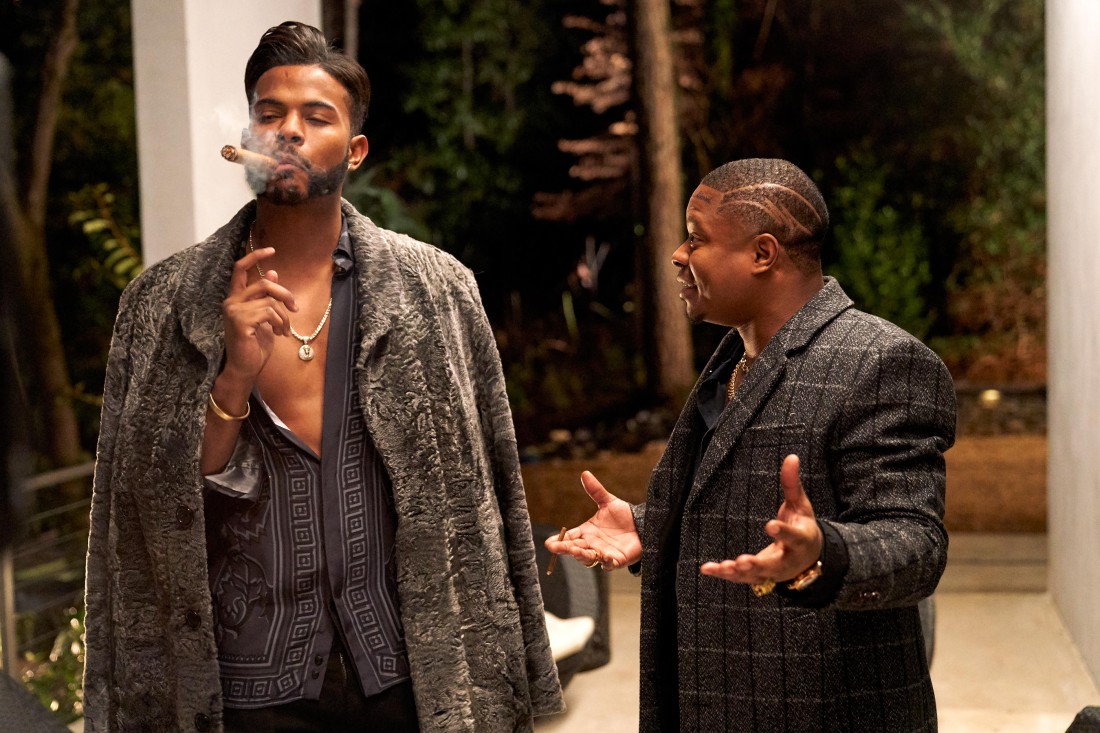

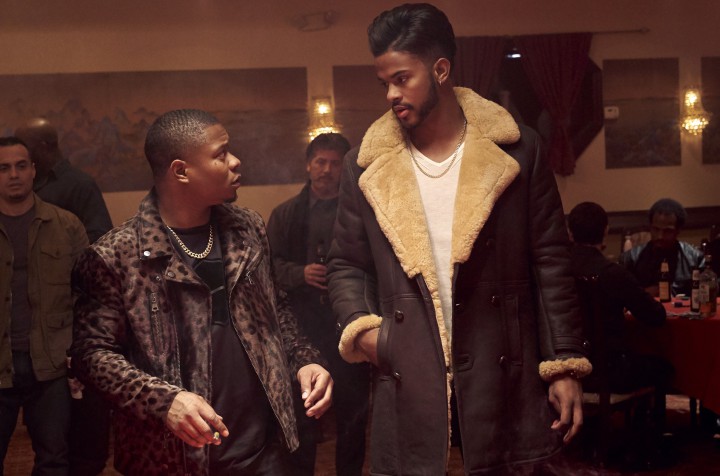
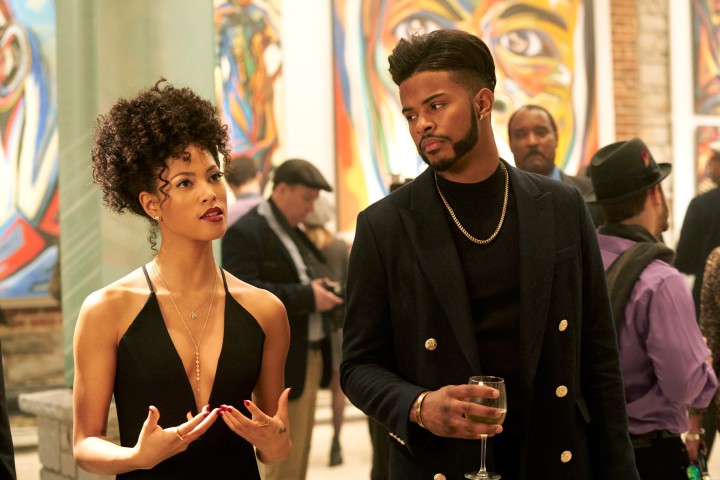
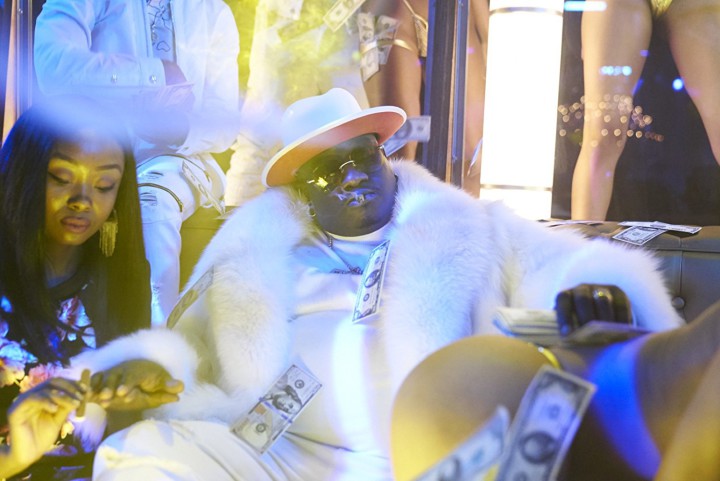
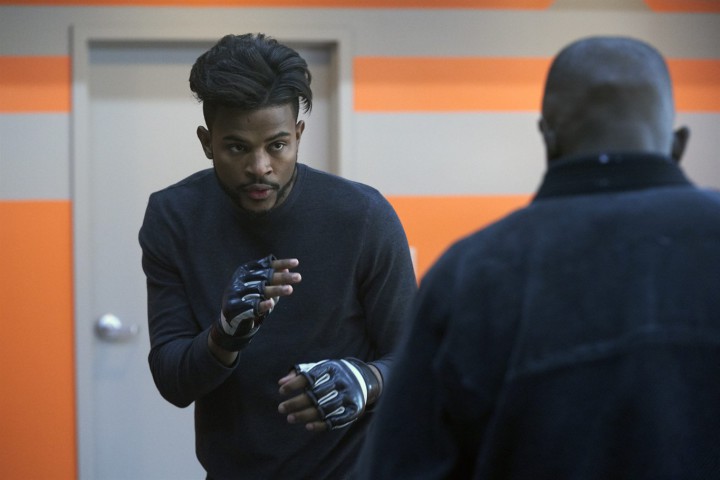
Before you comment
The comments section is here to provide a platform for civil dialogue on the issues we face together as a local community. Xpress is committed to offering this platform for all voices, but when the tone of the discussion gets nasty or strays off topic, we believe many people choose not to participate. Xpress editors are determined to moderate comments to ensure a constructive interchange is maintained. All comments judged not to be in keeping with the spirit of civil discourse will be removed and repeat violators will be banned. See here for our terms of service. Thank you for being part of this effort to promote respectful discussion.